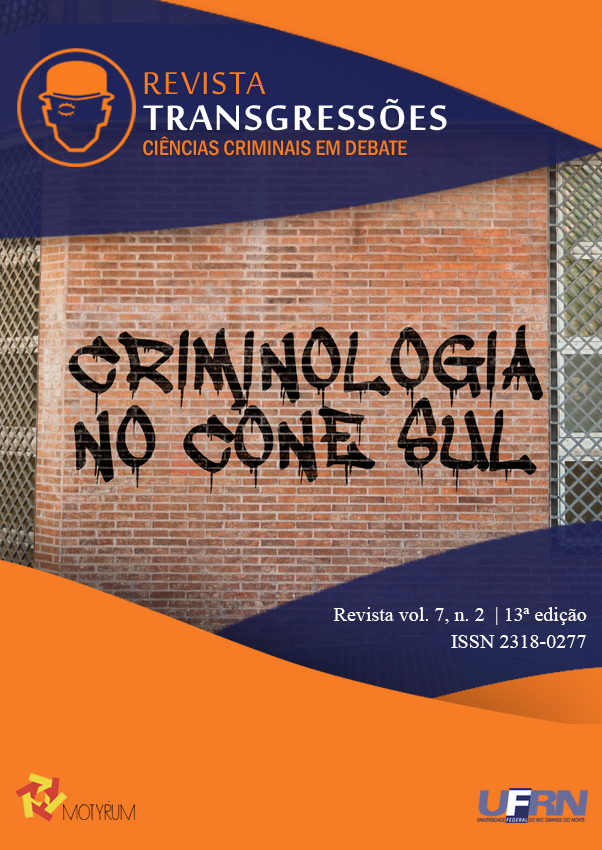RESTRIÇÃO À LIBERDADE NO ÂMBITO CRIMINAL
LIMITES DA PRISÃO PREVENTIVA E DA PRISÃO APÓS SEGUNDA INSTÂNCIA NO PROCESSO PENAL
DOI:
https://doi.org/10.21680/2318-0277.2019v7n02ID18639Palavras-chave:
Prisão preventiva, Prisão após a segunda instância, LimitesResumo
Este trabalho tem o escopo de analisar os limites de intervenção na liberdade individual em face da aplicação dos institutos jurídicos da prisão preventiva e prisão após segunda instância. A problemática de tais medidas jurídicas é atual, sobretudo tendo em vista os casos de cerceamento da liberdade dos ex-presidentes da República Federativa do Brasil: Michel Temer e Luiz Inácio Lula da Silva. A Constituição da República Federativa do Brasil de 1988 engendrou relevo na proteção aos direitos fundamentais, com o direito de liberdade positivado de modo analítico, assegurando a todos o direito de liberdade e permitindo, apenas excepcionalmente, sua supressão antes da condenação definitiva. Em tais circunstâncias, surge a imperiosa necessidade de uma abordagem dogmática em torno do direito de liberdade e seus limites diante de sua flexibilização pelo Estado, utilizando-se, para tanto, de uma metodologia hipotético indutiva, com abordagens concretas e considerações em torno de tais institutos.


